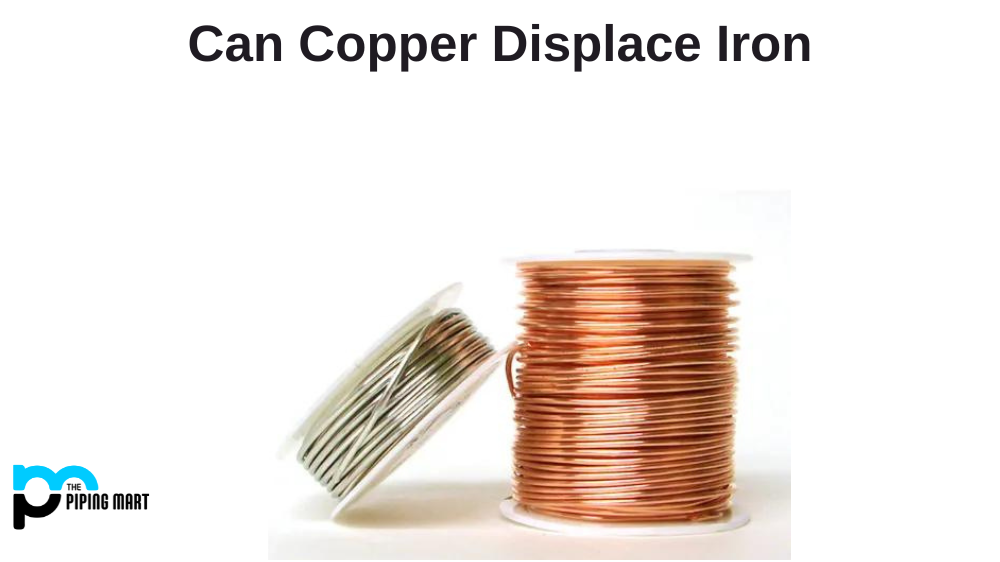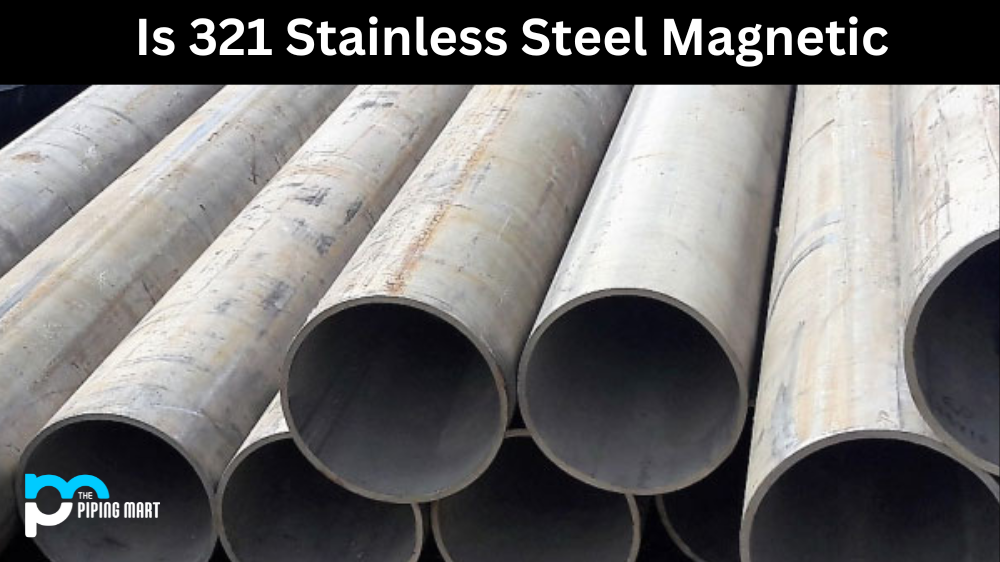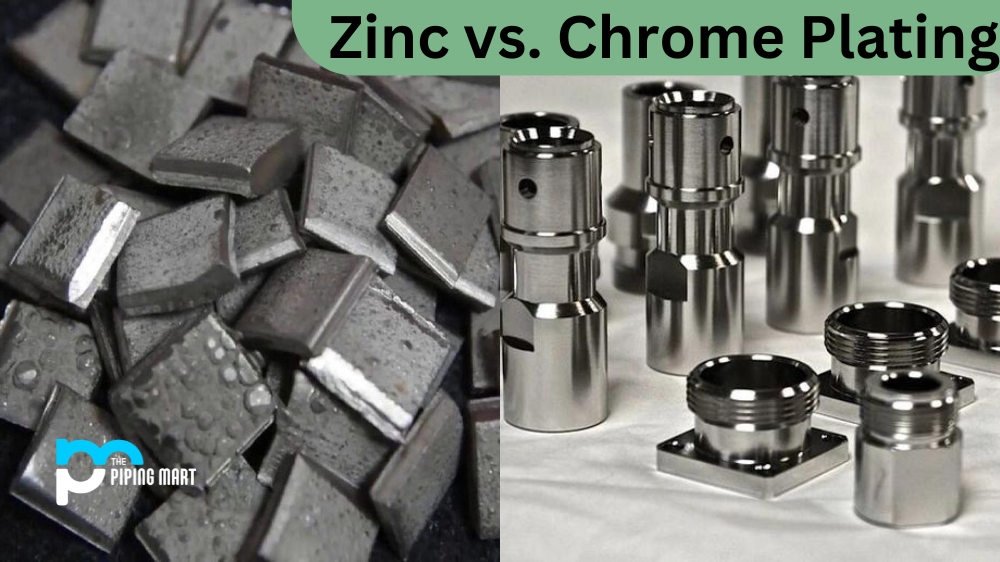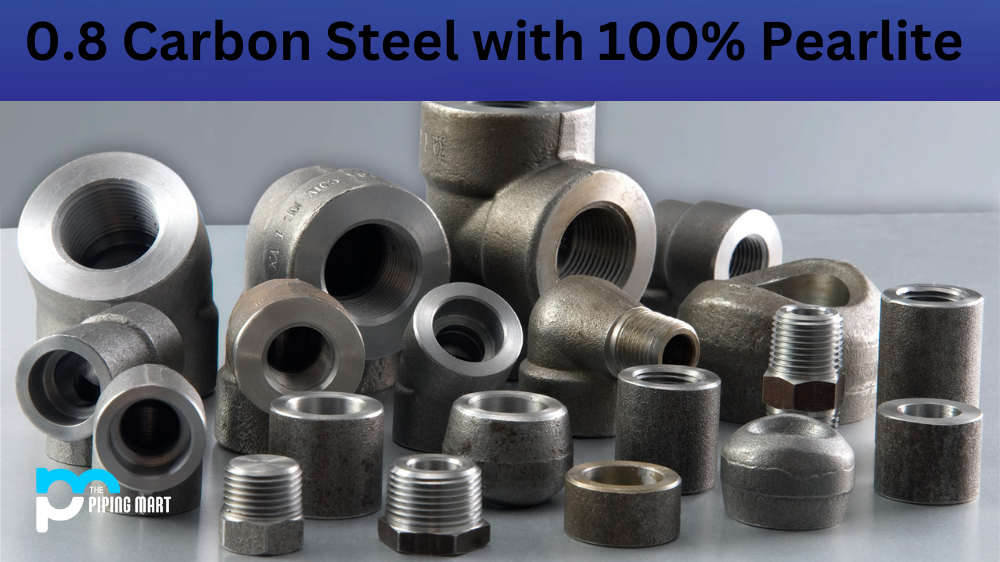In today’s modern world, many industries rely on iron for various uses, such as structural support and electrical wiring. However, copper has been steadily gaining ground as a viable substitute for iron in industrial applications. This is because copper offers higher conductivity and better corrosion resistance than iron, making it ideal for various applications. Let’s look at how copper can be used to displace iron in industrial settings.
Conductivity of Copper vs. Iron
One of the most important benefits of using copper over iron is its superior conductivity. Copper has much lower electrical resistance than iron and carries more current with less energy loss. This makes it an ideal choice for high-power applications like power cables and transformers, where carrying large amounts of current without losing energy is essential. Additionally, copper does not oxidize as quickly as iron, so it is less prone to overheating under heavy loads.
Corrosion Resistance of Copper vs. Iron
Another advantage of using copper instead of iron is its superior corrosion resistance. Iron naturally corrodes when exposed to oxygen and water, making it unsuitable for specific industrial applications or installations exposed to harsh elements or extreme temperatures. By contrast, copper forms a protective layer on its surface when exposed to the environment, preventing further oxidation. This means that copper will last longer than iron before needing replacement due to rusting or corrosion damage.
Cost Savings with Copper vs. Iron
Finally, using copper instead of iron can result in significant cost savings over time since it requires less maintenance and repair due to its superior durability and corrosion resistance. Additionally, since copper has lower electrical resistance than iron, energy losses are minimized, which reduces electricity bills as well as wear and tear on equipment over time—as such, investing in good quality copper components upfront can save businesses money in the long run by reducing their maintenance costs significantly compared to what they would pay if they were using iron components instead.
Conclusion:
Overall, there are many advantages to using copper instead of iron in industrial settings, such as higher conductivity and better corrosion resistance, resulting in cost savings over time due to reduced maintenance costs associated with frequently replacing corroded or damaged components. As such, businesses should consider investing in quality copper components to reduce operating costs while still enjoying the benefits of using strong metal alloys like those found in industrial-grade metals like steel and aluminum.




